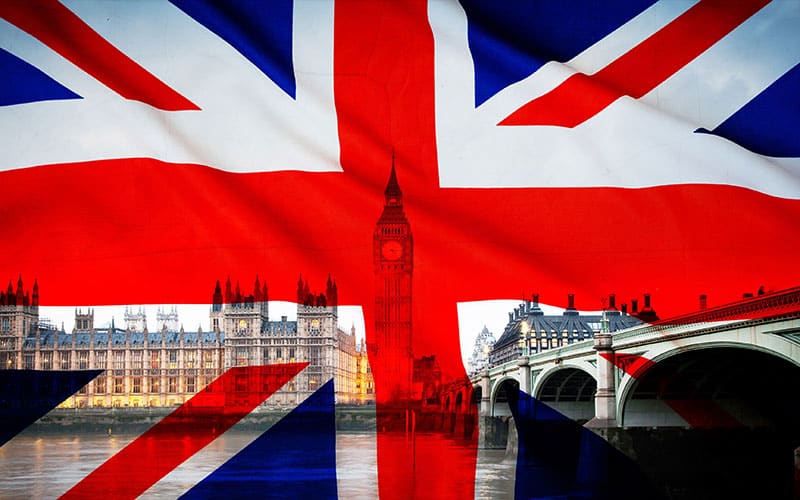The United Kingdom (UK) Government introduces a new bill to make it easier for the authorities to ‘seize, freeze, and recover’ crypto assets.
Director General of the National Crime Agency Graeme Biggar stated “Domestic and international criminals have for years laundered the proceeds of their crime and corruption by abusing UK company structures, and are increasingly using cryptocurrencies.
“These reforms—long-awaited and much welcomed—will help us crack down on both” Biggar added.
The new Economic Crime and Corporate Transparency Bill is introduced to hunt down “kleptocrats, organized criminals and terrorists”, through a revised and upgraded “Proceeds of Crime Act”, a 2002 law enacted to combat money laundering.
The UK government’s website noted, “Strengthening powers in the Proceeds of Crime Act will modernize the legislation to ensure agencies can keep pace with the rapid technological change and prevent assets from funding further criminality.”
According to the announcement, the provisions would supplement the Economic Crime (Transparency and Enforcement) Act, which was enacted in response to Russia’s invasion of Ukraine.
The bill looks to strengthen legislation intended to reduce illicit revenues and also target sanctions evasion.
As per the release, the bill grants Companies House, the United Kingdom’s registrar of companies, new powers to examine, dispute, and deny erroneous or false information, making it a more active gatekeeper over company creation.
Furthermore, Companies House will be given stronger enforcement and investigation powers, allowing it to cross-check data with public and private partners and report questionable conduct to security and law enforcement agencies.
The bill, which passed its first reading through the British Parliament, will now undergo a second reading in October before moving forward to the committee stage for assessment from “experts and interested parties”.
Just last month, the UK’s crypto industry welcomed a new bill that highlights new rules about payment-focused crypto assets like stablecoins. However, the details on how the new rules will be interpreted by financial watchdogs are pending.
Also Read: UK’s FCA Lists Crypto Exchange FTX as an ‘Unauthorized Firm’






